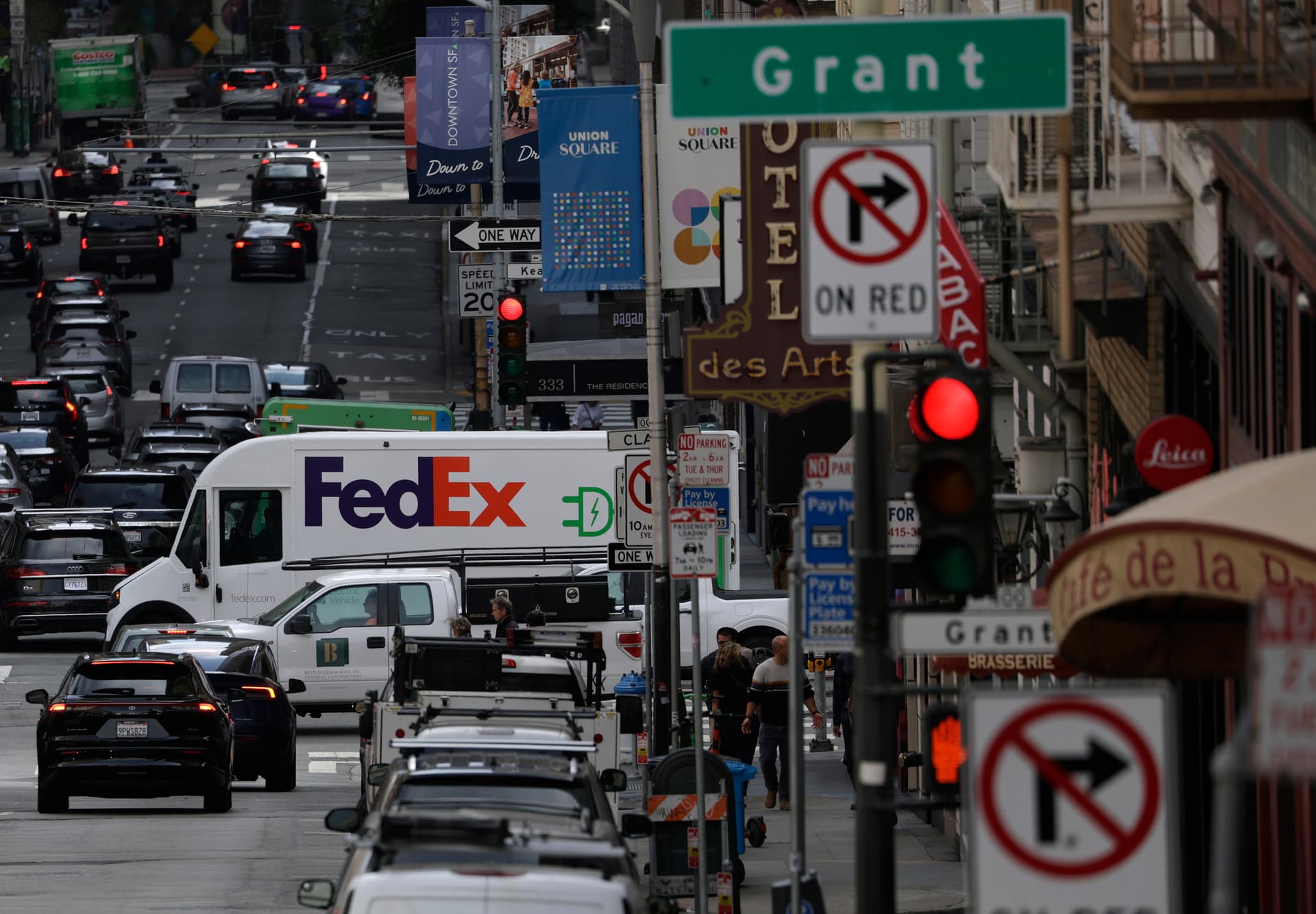
Democrats Push Companies To Pass Tariff Refunds Along to Consumers, but Trump Administration Balks at Starting the Process
By LUKE FUNK
|Europe’s defense stocks, in any event, are soaring.

Already have a subscription? Sign in to continue reading

By LUKE FUNK
|
By JOTAM CONFINO
|
$0.01/day for 60 days
Cancel anytime
By continuing you agree to our Privacy Policy and Terms of Service.
By M.L. NESTEL
|